Getting dental implants is the first step toward restoring your former bite and chewing capabilities. This procedure can also preserve the structure of your jaw after losing your teeth.
Dental implants support a wide range of prostheses that replace damaged or missing teeth and act as dependable anchors that literally become a part of your body.
After the implants are put into your jaw, they fuse with your bones, making them secure anchors for a wide range of tooth replacement options. You can then get bridges, crowns, or removable teeth that feel as natural as your original teeth.
Though dental implants offer many advantages, patients often have some fears about the procedure due to its nature. Thankfully, a lot of the pre-procedure anxiety can be alleviated with adequate knowledge about preparation and an optimal recovery.
How Invasive is a Dental Implant Procedure?
Though the thought of inserting screw-like implants into your jaw and gums may sound intimidating, this surgery is not as invasive as it seems.
The most common post-op issues that people face are pain, swelling, and bleeding- all of which can be managed with the right medication and proper rest.
How Much Pain is Involved in Dental Implant Surgery?
The pain is usually mild to moderate, depending on the type of surgery you get and the technique used. Individuals handle pain differently and have diverse tolerance levels, but a majority of patients report pain levels at a 4 or less on a scale of 1-10.
How can pain be resolved?
If the pain is a 3 or below, simple over-the-counter medications like Tylenol or Advil can resolve any discomfort. For anyone reporting a 4 or more in pain, Tylenol can be used in combination with prescription codeine until the discomfort subsides. It is rare for anyone to experience severe or intolerable pain from this procedure.
What about the swelling and bleeding?
In the first 24-48 hours, patients will likely experience swelling in the gums, which can be reduced by applying a cold pack.

During this time, be gentle to your gums and avoid hard or spicy foods to minimize the discomfort.
How Do I Prepare for Dental Implant Surgery?
Before you get your implants, you need to be proactive in order to make your recovery go smoothly. Here are a few things you can do before your surgery day:
- Meal Prep. Prepare softer foods like pasta, smoothies, and soups and freeze any portions, if possible. For the first few days, your gums may be tender and you may not be able to chew harder foods like nuts or raw vegetables. Juicing is a good way to still get all the benefits of fruits and vegetables in this time. Pre-made nutritional shakes like Ensure can also fill you up while giving you the protein your body needs when your food choices are limited. A trip to the local smoothie stop or grabbing a milkshake can also be a nice treat to help boost your mood during this time period. You should also avoid anything acidic or spicy while adhering to these other guidelines.
- Plan events accordingly. To be safe, don’t plan important events until at least a week after your dental implant surgery. The first three days on average should be devoted to self-care and rest. Though some patients may be able to return to work and school sooner than three days, it is better to be prudent and not plan anything important close after your surgery.
- Fast. Do not eat for 4-12 hours before surgery if you will be undergoing sedation.Check with your doctor regarding the specific fasting period required.
- Get comfortable. Remove nail polish and makeup and wear loose fitting and comfortable clothing to your appointment.
- Get a ride home. Arrange for someone to pick you up and take you home, especially if you will be sedated.Confirm your medications and supplements. Check with your dentist about the medications and supplements you are taking to make sure they are safe to take during the procedure, especially if you are taking blood thinners. Discontinue aspirin, omega-3 fish oils, and vitamin c before the appointment. Once again, inform your dentist that you are taking these medications and follow their specific instructions.
- Get a good night’s rest. You will need all your strength in order to have the best recovery, so come to your appointment fully rested.
What Do I Do After Dental Implant Surgery?
- Tone down the workout routine. It may seem tempting to try to get back to your normal fitness routine, but please do not strain yourself. Abstain from strenuous exercise and be kind to yourself until you feel better.
- Rest, rest, rest! On average, devote 3 days to rest and recovery- it’s okay to return to school/work on the fourth day if you are feeling up to it. This is all based on the number of implants you have placed, however, so a single implant can have a much faster recovery time (even returning to school/work the same day).
- Nourish your body. Take vitamin supplements after surgery. Ask your doctor which ones he or she recommends. Your diet will be limited so you will need an extra nutritional boost to stay healthy during recovery.
By following these steps, you will have prepared yourself for the smoothest recovery after dental implant surgery. If you have any more questions on how to prepare yourself for dental implant surgery, please contact us anytime.
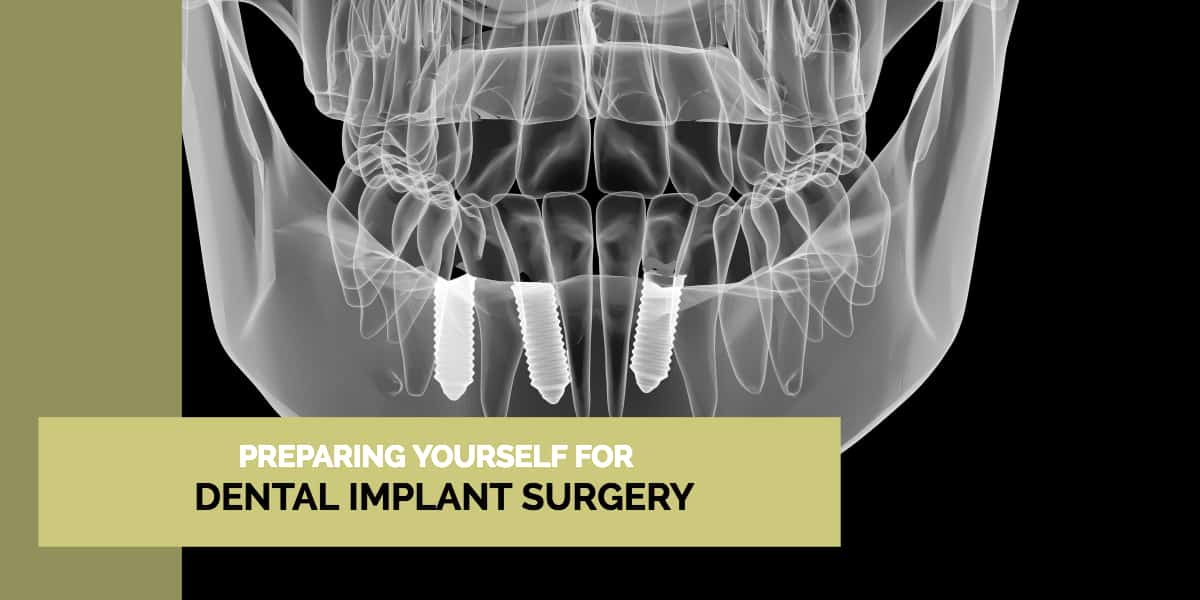
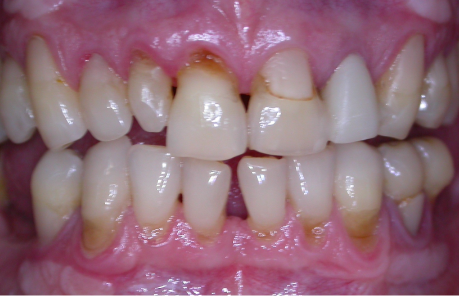
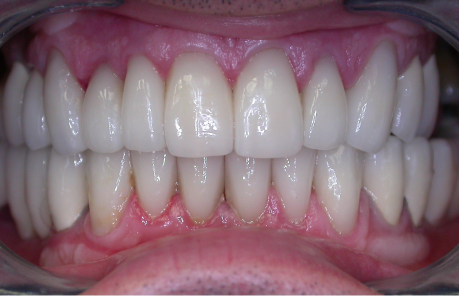
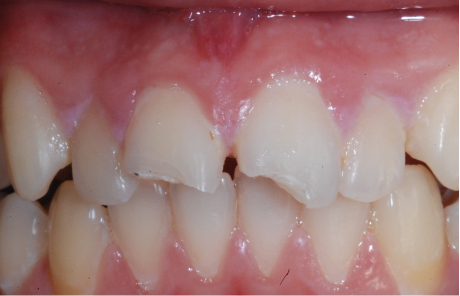
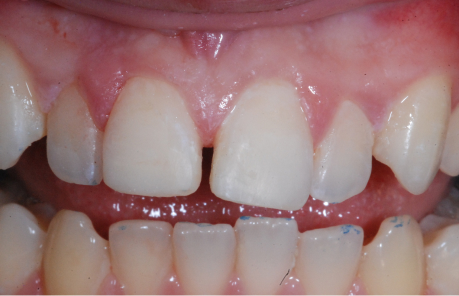
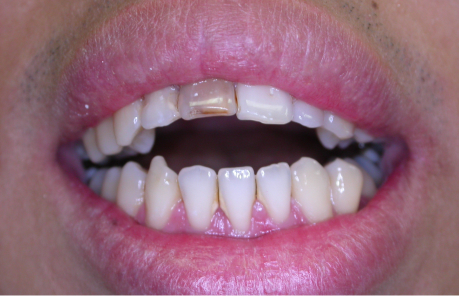
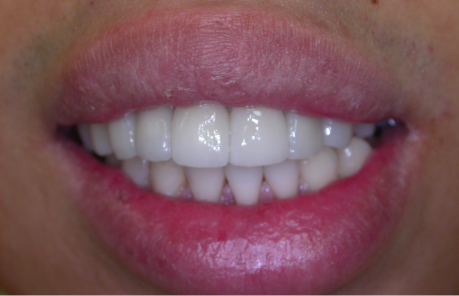
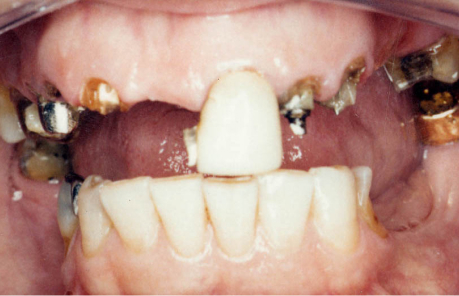
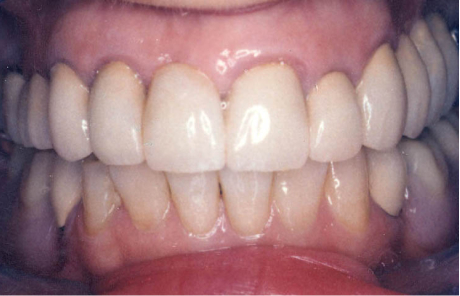
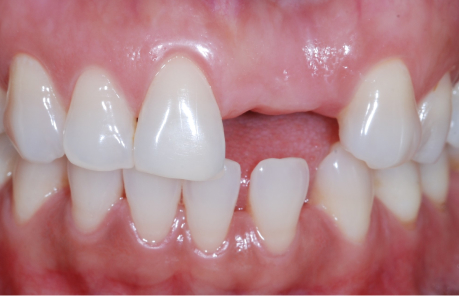
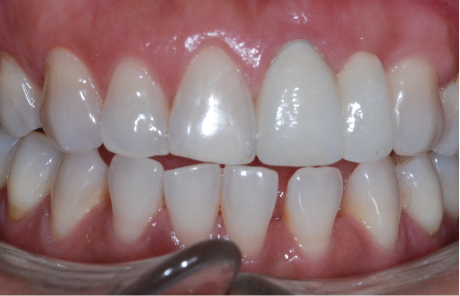

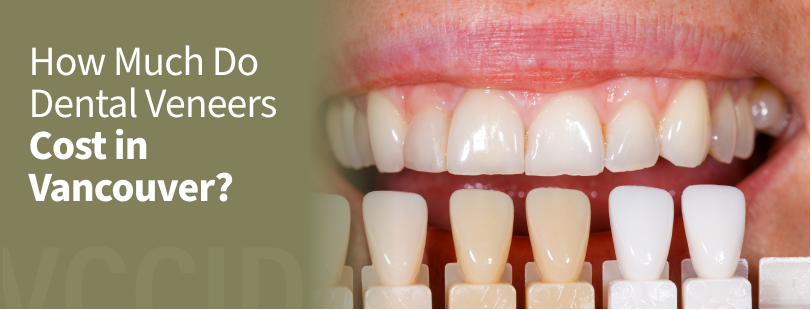
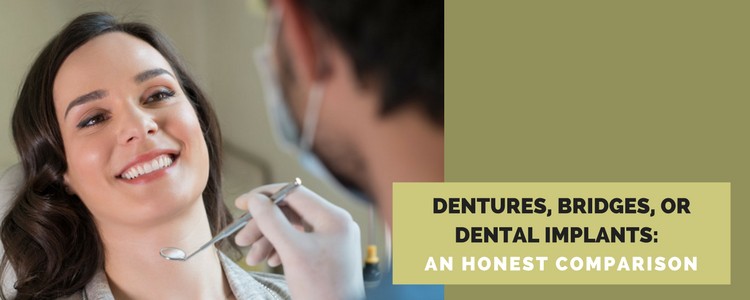



2 thoughts on “Preparing Yourself For Dental Implant Surgery”
Thanks for explaining how people should not eat for 4-12 hours prior to the surgery if sedation is involved. My wife needs to undergo a dental implant procedure, and we want to be as cautious as possible. These tips can really help put her at ease before getting the dental procedure.
The article is very informative. NICE STUFF FOR AUDIENCE TO KNOW! THANKS. you provide is considered in such a way the information could be useful on a daily basis.